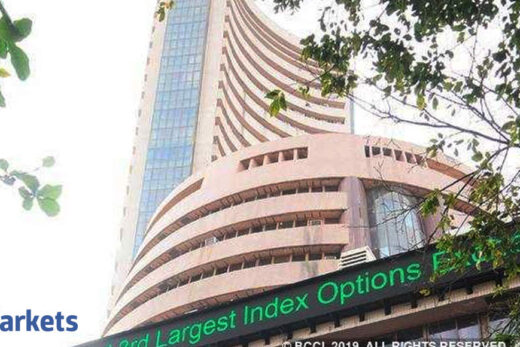Total RTM sale volume from June 2020 to June 2021 was recorded at 14,104 million units while it was 60,384 million units for Day Ahead Market (DAM).
According to the IEX data, the average monthly price of the RTM remained lower than that of the day ahead market (DAM) or at same level (of DAM) during the period from June 2020 to June 2021 except in December 2020.
In December 2020, the average monthly clearing price of RTM was Rs 2.9 per unit while it was Rs 2.8 per unit for DAM.
In the month of July 2020, the average monthly clearing price of RTM, as well as DAM, remained at the same level of Rs 2.5 per unit.
Similarly, it was Rs 2.7 per unit for DAM as well as RTM in the months of October and November last year.
The overall average market clearing price of power in RTM was lower at Rs 2.83 per unit from June 2020 to June 2021 compared to 2.97 per unit in DAM. Thus, the RTM proved to be an attractive market for consumers as well as sellers.
The RTM enables consumers, including distribution companies (discoms) and captive users, to buy power on exchanges just an hour before delivery.
The real-time market is an endeavour to make the power market dynamic by enabling trade in electricity through half-hourly auctions. There are 48 auction sessions during the day with delivery of power within one hour of closure of the bid session.
Rohit
, Senior Vice President and Head-Business Development, IEX told , “The Real-time electricity market has proved to be a very dynamic market segment at the IEX platform. The response from market participants has been exceptional ever since its launch.”
In fact, the average power price discovered in RTM is as competitive and in tandem with DAM which is an indication of the fact that the market is liquid enough and has attained a maturity like DAM within a span of one year, he added.
All this has been possible due to the support that the market has provided to the distribution utilities and industrial customers in balancing their demand-supply variations at a short notice of one hour, he explained.
Most recently, due to the greater flexibility that it provides in procurement, the real-time market extended critical support to the cyclone Tauktae affected states during the cyclonic disturbances.
Moreover, the market also has an important role to play in seamless renewable integration by managing renewable energy intermittency in an efficient manner, he stated.
As more and more participants turn to the real-time market, it will play a pivotal role in ensuring greater efficiency, accelerated green energy adoption and of course, deepening of the energy markets, he opined.



